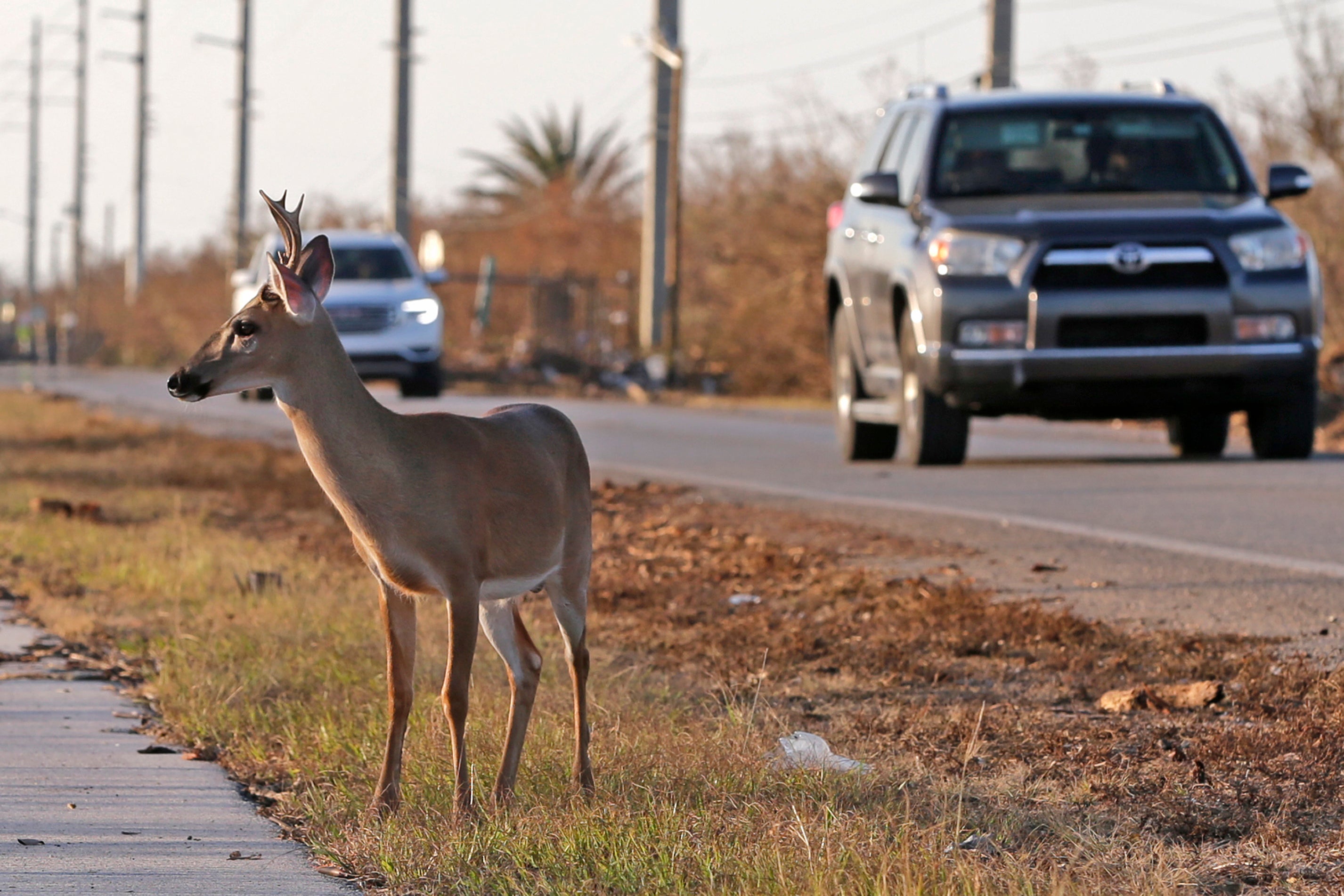As climate warms, US allows moving species threatened with extinction as a last resort
U.S. officials say they will make it easier for scientists to relocate plants and animals outside their historical ranges as a last resort to save species threatened with extinction by climate change

Your support helps us to tell the story
From reproductive rights to climate change to Big Tech, The Independent is on the ground when the story is developing. Whether it's investigating the financials of Elon Musk's pro-Trump PAC or producing our latest documentary, 'The A Word', which shines a light on the American women fighting for reproductive rights, we know how important it is to parse out the facts from the messaging.
At such a critical moment in US history, we need reporters on the ground. Your donation allows us to keep sending journalists to speak to both sides of the story.
The Independent is trusted by Americans across the entire political spectrum. And unlike many other quality news outlets, we choose not to lock Americans out of our reporting and analysis with paywalls. We believe quality journalism should be available to everyone, paid for by those who can afford it.
Your support makes all the difference.U.S. officials on Friday said they will make it easier for scientists to relocate plants and animals outside their historical ranges as a last resort to save species threatened with extinction by climate change.
Relocations of species struggling because of climate change have been carried out on a limited basis to date, including in Hawaii where researchers have raced to move seabirds to new islands to save them from rising ocean waters.
A change in federal regulations published Friday by the Biden administration would allow similar relocations for some of the most imperiled plants and animals protected under the Endangered Species Act.
It also allows for relocations when a species is being crowded out by nonnative plants or wildlife. This summer officials plan to introduce Guam kingfishers on the Palmyra Atoll south of Hawaii, after brown tree snakes accidentally brought to Guam around 1950 decimated their population. The birds are extinct in the wild but maintained in zoos.
Moving species into new areas was long considered taboo because of the potential to disrupt native ecosystems and crowd out local flora and fauna. The practice is gaining acceptance among many scientists and government officials as climate change alters habitats around the globe.
Federal officials said the impacts of climate change had not been fully realized when they adopted previous rules preventing endangered species relocations. As global warming intensifies, habitat changes are "forcing some wildlife to new areas to survive, while squeezing other species closer to extinction,” Interior Secretary Deb Haaland said in a statement.
She said allowing relocations would strengthen conservation efforts and help protect species for coming generations.
Republicans in Western states — where gray wolves were reintroduced two decades ago over strong local objections — opposed the proposal. Officials in Montana, New Mexico and Arizona warned relocations could wreak ecological havoc as “invasive species” get purposefully introduced.
Examples abound of ecological disasters caused by species introduced to new areas — from Asian carp spreading through rivers and streams across the U.S., to starlings from Europe destroying crops and driving out songbirds.
Other state wildlife officials were supportive of the change and along with outside scientists have suggested species that could benefit. Those include Key deer of southern Florida, desert flowers in Nevada and California and the St. Croix ground lizard in the Virgin Islands.
The new species relocation rule follows recent steps by the Biden administration to reverse major changes to the endangered species program during the Trump administration. Industry groups lobbied for those earlier changes, but they were heavily criticized by environmentalists.
The Fish and Wildlife Service last week said it would reinstate a decades-old regulation that mandates blanket protections for species newly classified as threatened. Officials also said they would no longer consider economic impacts when deciding if animals and plants need protection.
___
Follow Matthew Brown: @MatthewBrownAP